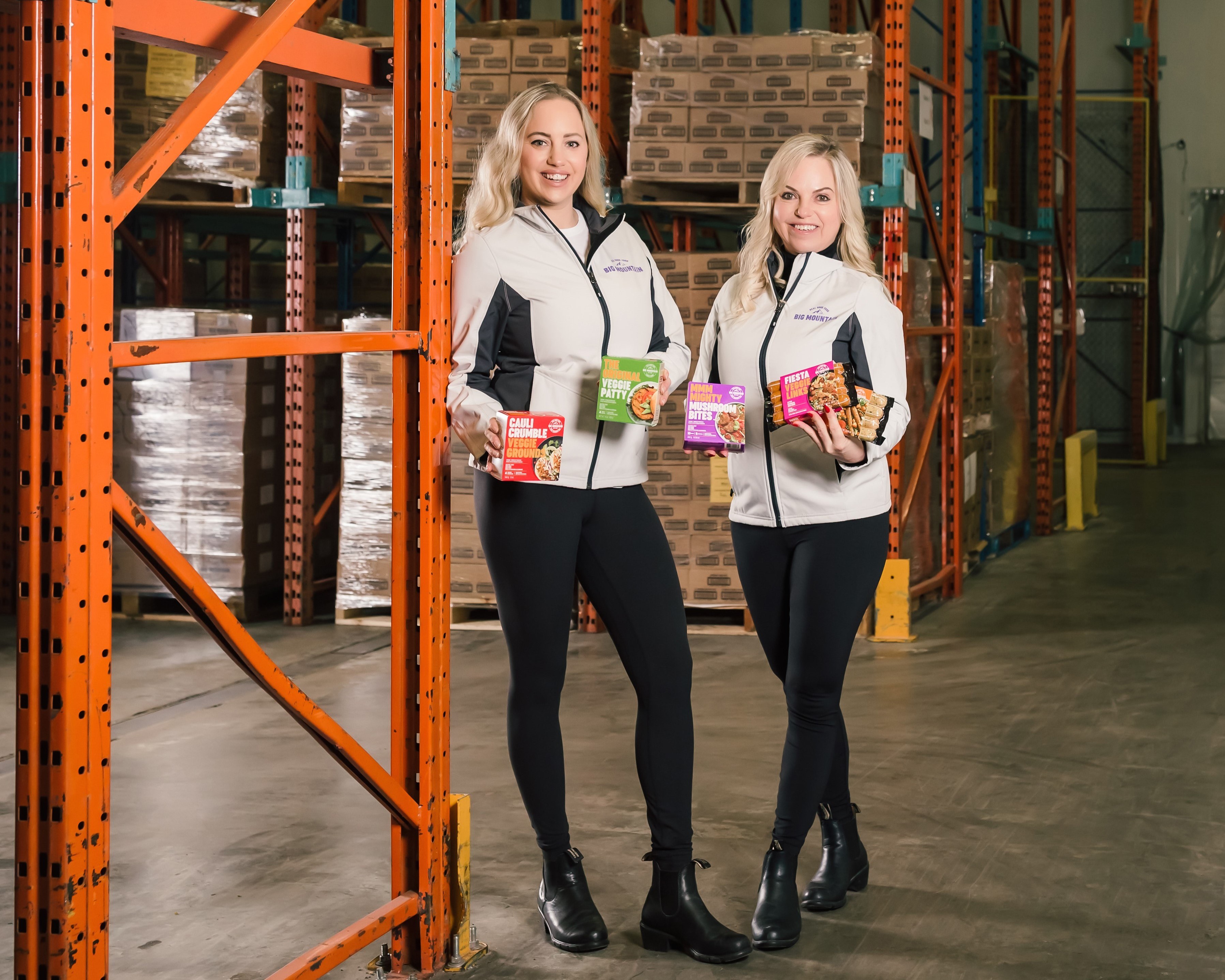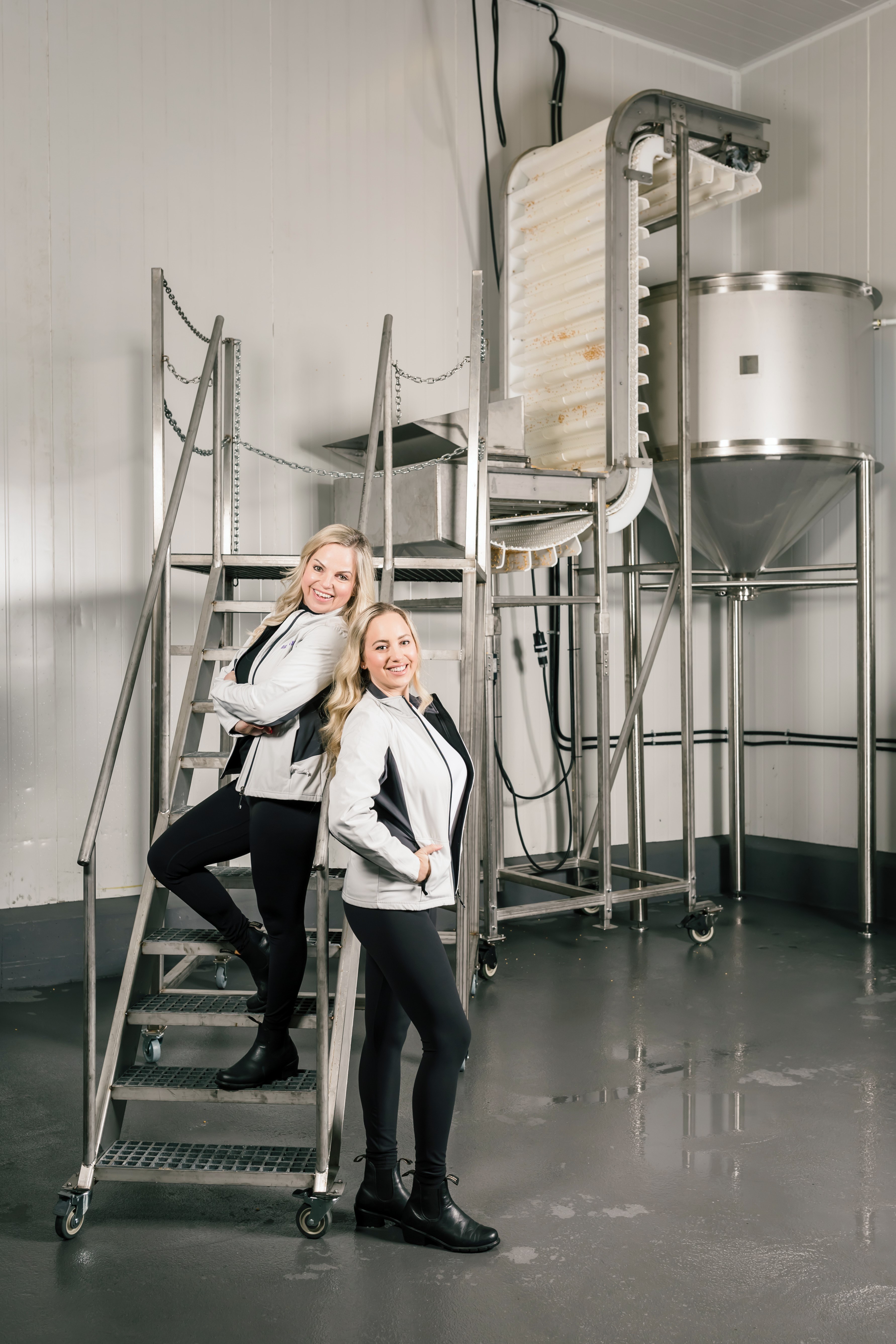Strategic partnerships helping put new products on shelves faster
- Posted:

After a full initial round of funding, there’s much to celebrate among Protein Industries Canada’s first 55 projects. Ingredients have been formulated, technology developed and careers launched. But perhaps the most noticeable development to Canadians is that new foods and beverages are making their way to grocery store shelves across the country.
For many of the partners involved in Protein Industries Canada projects, getting these products to market came about because of a desire to provide consumers with a variety of healthy, sustainable food options. Passion and an innovative mindset helped set them on the path to success, but their willingness to collaborate with other companies helped propel their work forward at a faster rate than they would have reached alone.

“Collaborating with AGT and PIC has been a gamechanger,” ulivit Founder Laura Gustafson said. “At ulivit we are keen on sustainability, so the opportunity to collaborate with other like-minded companies that work with local family farmers, strive for the highest quality of ingredients, and create a better future for Canada and the world is really important to us.”
Involved in two Protein Industries Canada partnerships—one with AGT Food and Ingredients focused on creating new plant-based foods using Prairie-grown and -processed pulses, and the other with AGT Food and Ingredients and Federated Co-operatives Limited focused on developing canola protein—ulivit is one of many Canadian SMEs that’s grown its business and product offerings thanks to collaborative work. Since the launch of their first project, the ulivit team has developed new plant-based food products they can now offer consumers across Canada—products whose development was accelerated thanks to the benefits offered by partner companies.
Gustafson said one of the primary benefits of partnering with others has been the talented people it’s helped her own connect with. Through these connections, ulivit’s team has been able to increase its research and development work, expand its sustainable supply chain expertise, and formulate a steady supply of innovative ideas that have helped the company grow and adapt.


Jasmine Byrne, President of Big Mountain Foods, said her company has had much the same experience through its own Protein Industries Canada partnerships. The company is currently working with Prairie Fava to develop soy-free fava-based tofu, and with Avena Foods, Daiya Foods, Bakenology and The Village Bakery to test and develop new applications for tempered pulse flours. Both partnerships have helped Big Mountain Foods determine the best products to distribute to consumers across the country.
“Partnering with other Canadian companies was vital to the product development and launch of the Soy Free Tofu,” Byrne said. “We've worked with various Canadian ingredient suppliers to help us create the best product we could before bringing it to market. This meant testing out different legumes, and ultimately partnering with another Canadian—and women-owned—company, Prairie Fava, to supply the highly sustainable fava beans we use in our Soy Free Tofu. Big Mountain will continue to innovate and is working with other companies including Avena to continue launching premium plant-based proteins in the marketplace.”
Outside of the development of their products, the staff at Big Mountain Foods also credit their partnerships with helping to reduce costs and improve quality and sustainability efforts.

“We were able to keep the process as cost-effective as possible, reducing any importation costs, while also being able to support Canadian businesses along the way,” Byrne said. “This also meant we got only the best ingredients from Canadian suppliers given the quality standards already set high locally, along with our stringent Quality Assurance standards. Partnering with Canadian companies also kept the product development process fairly environmentally friendly, with the lowered logistics and transportation resources spent and lesser carbon footprint.”
While collaboration between companies comes with its challenges—particularly during a global pandemic and supply chain shortages—neither Gustafson nor Byrne would go back in time to work alone. Both see partnering to accelerate their innovative work as a highly beneficial path, and recommend it to other companies who are looking to do the same.
“With collaboration the sum is way bigger than the parts,” Gustafson said. “Not only do you have your own skills and expertise, you also have those of your partners. When you utilize this method, you have someone else to run your ideas by, the good, the bad, the ugly; someone to innovate and brainstorm with; someone to commiserate with who is as excited, and scared, as you are; and you get to be part of a community that is building something to make the world a better place.”
